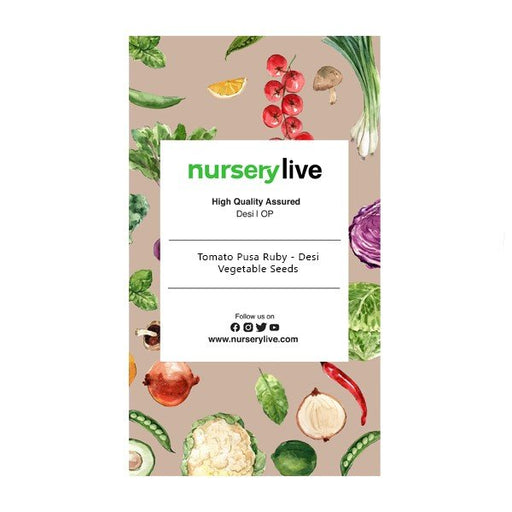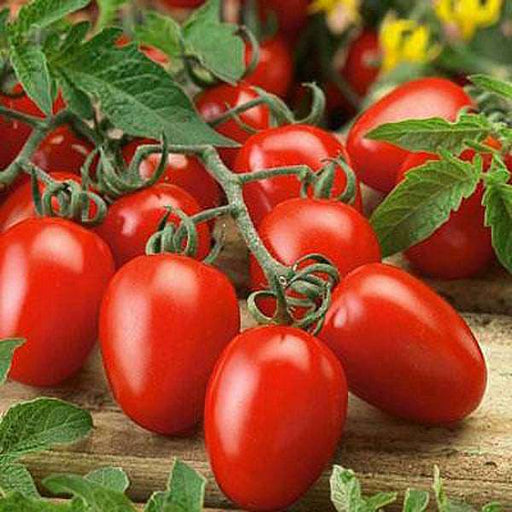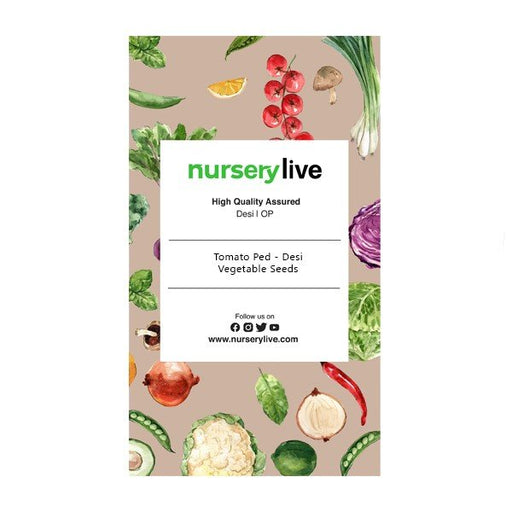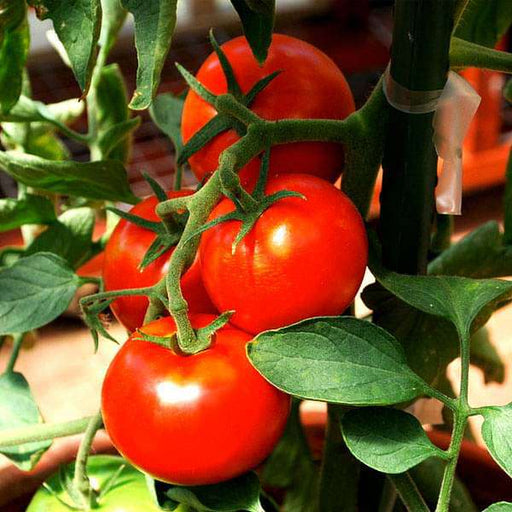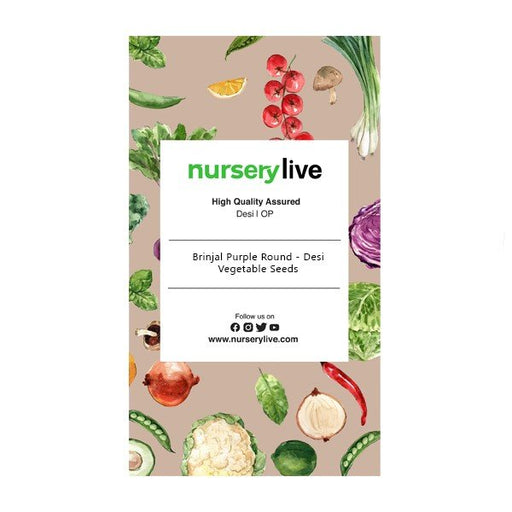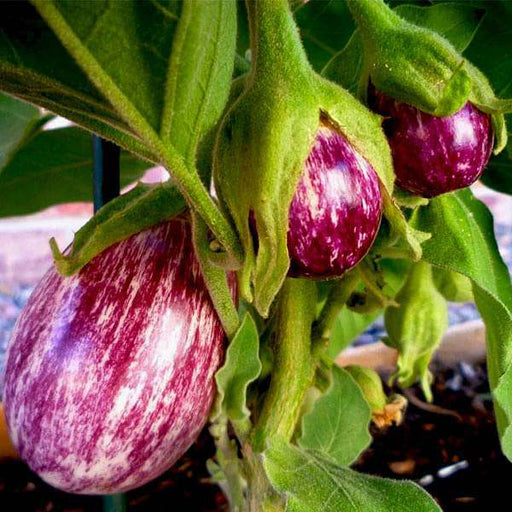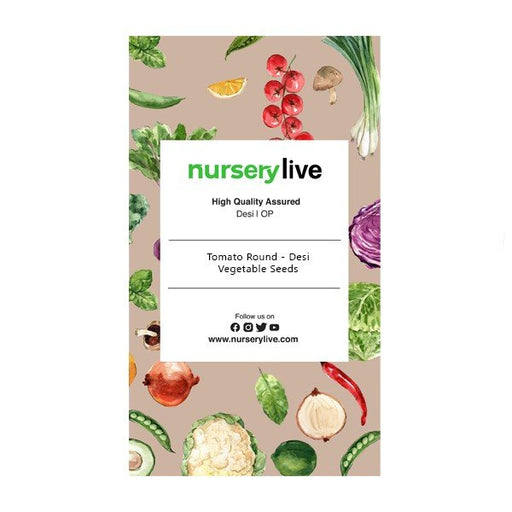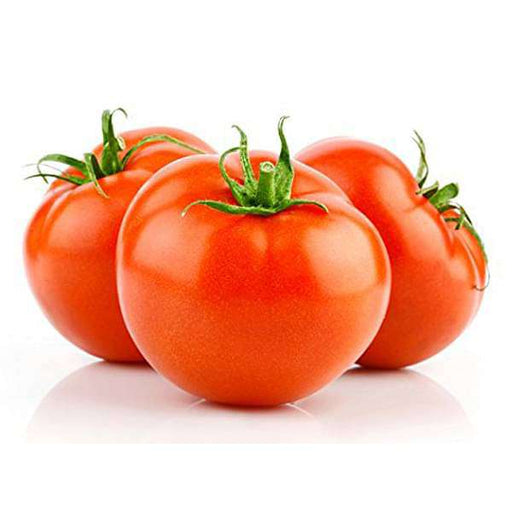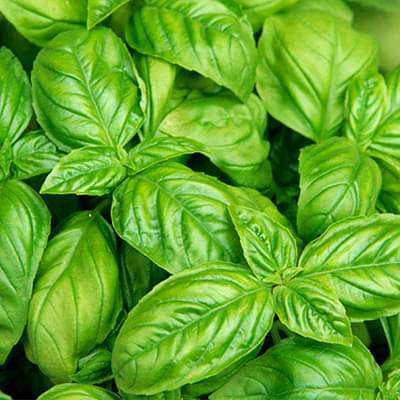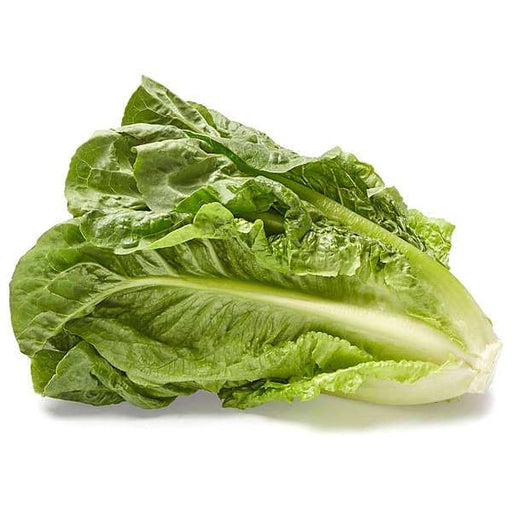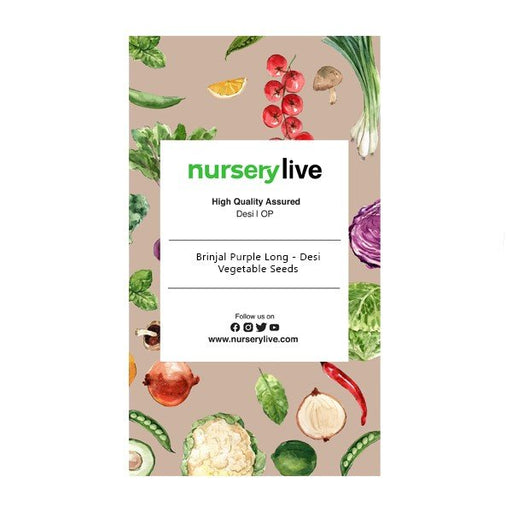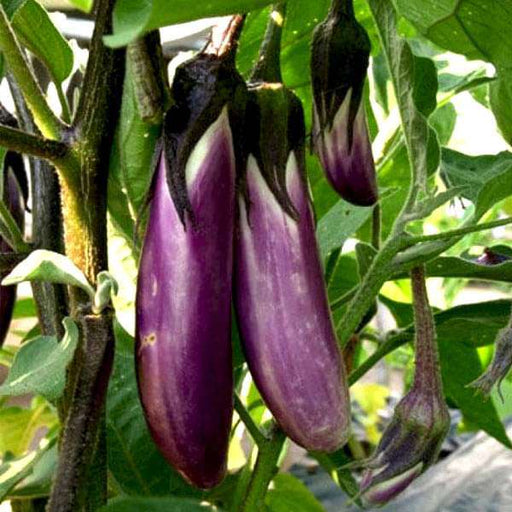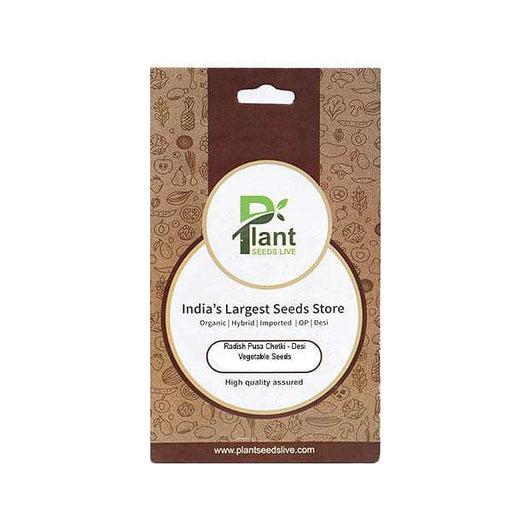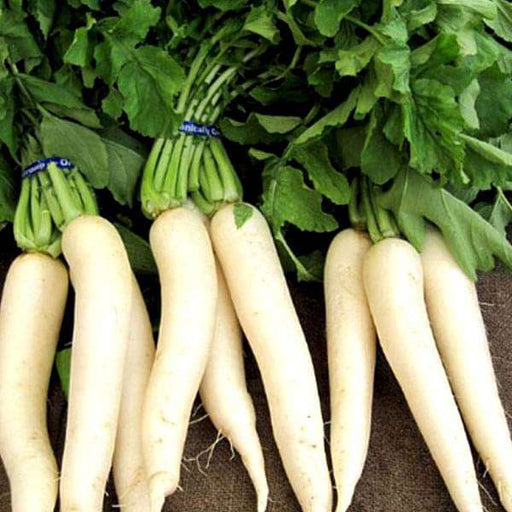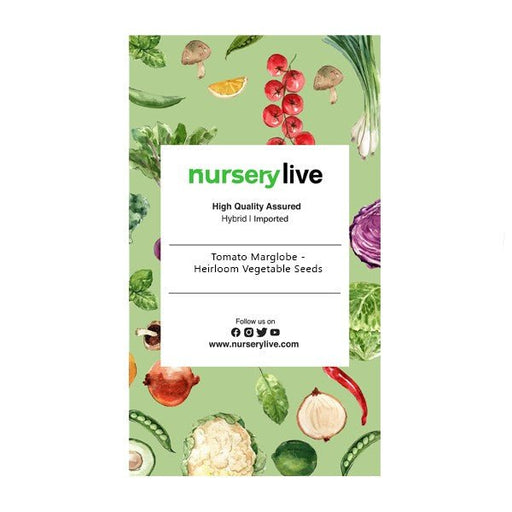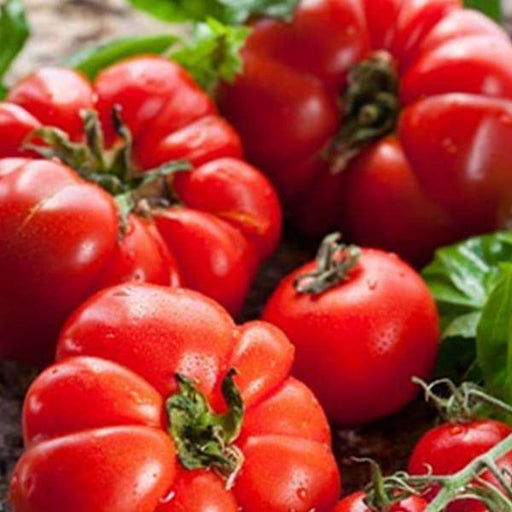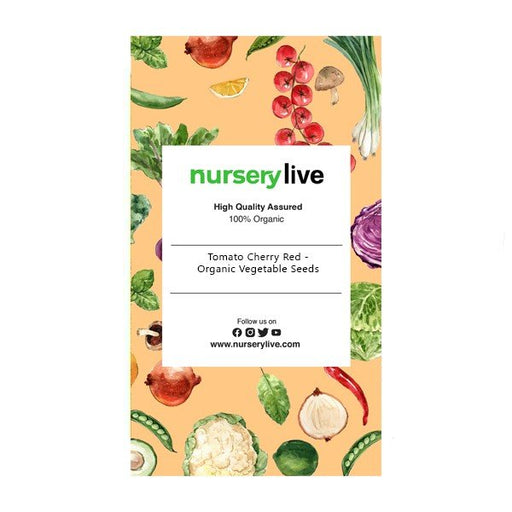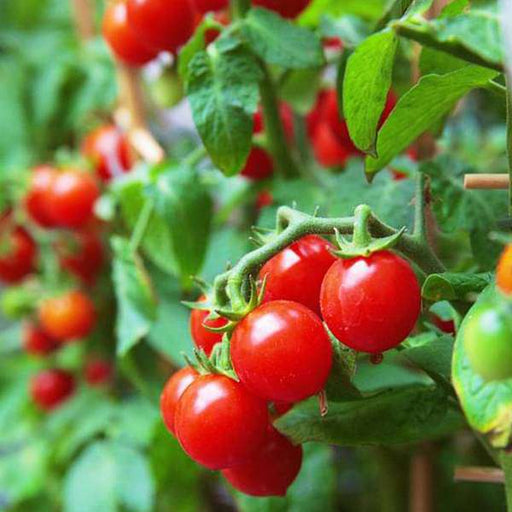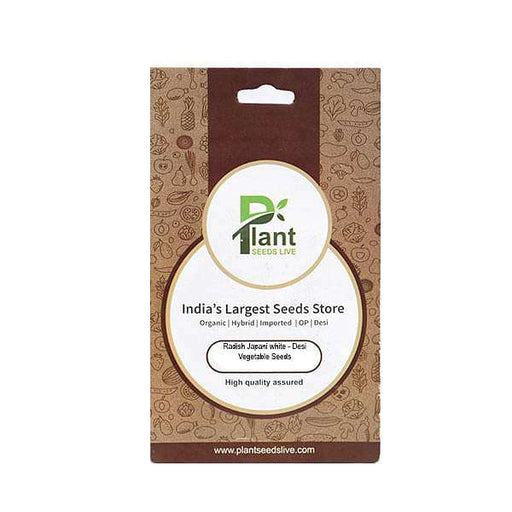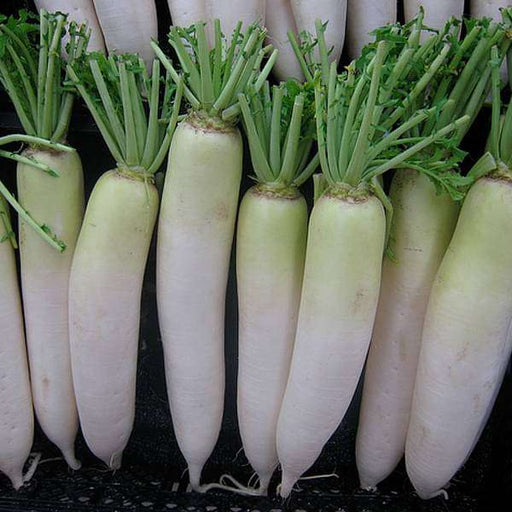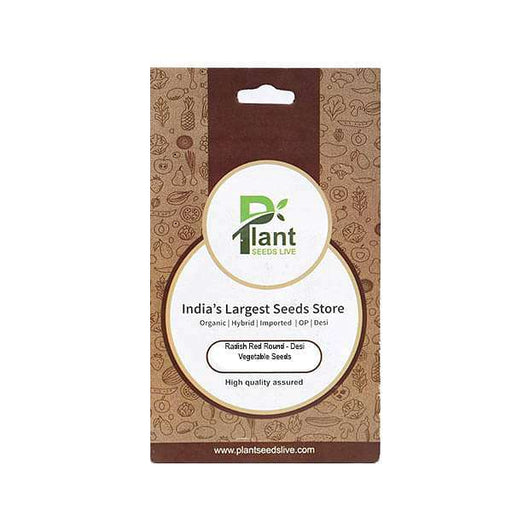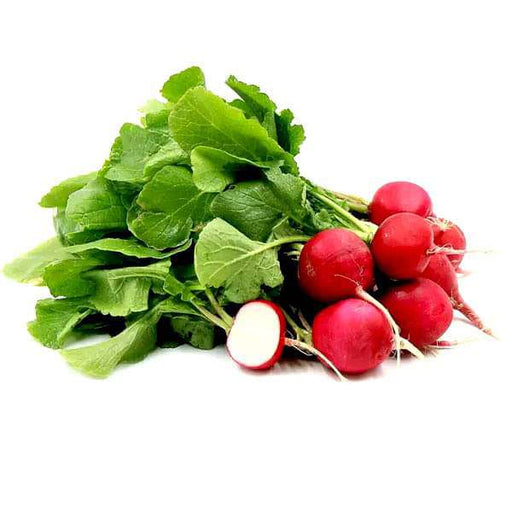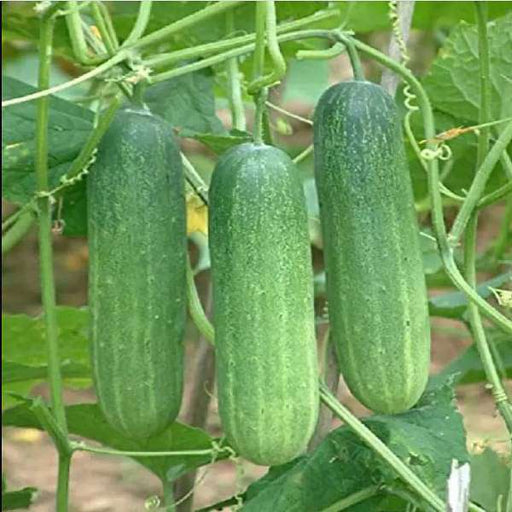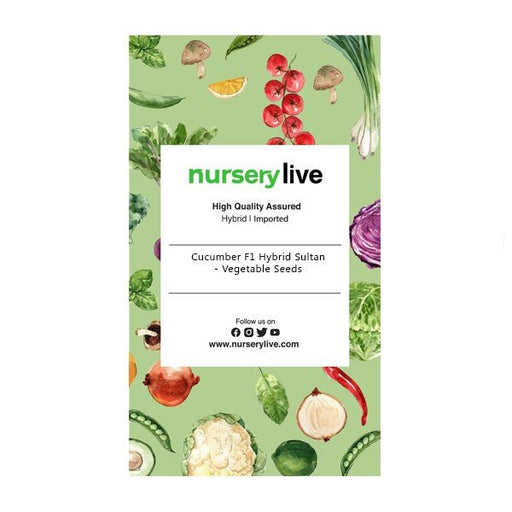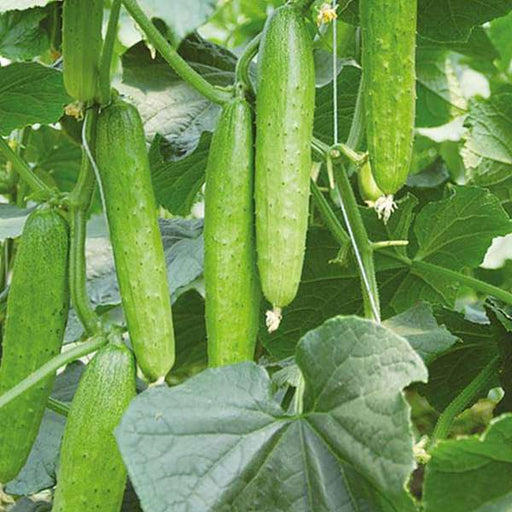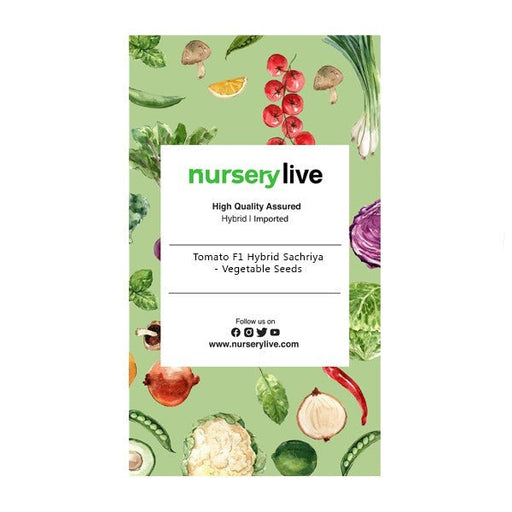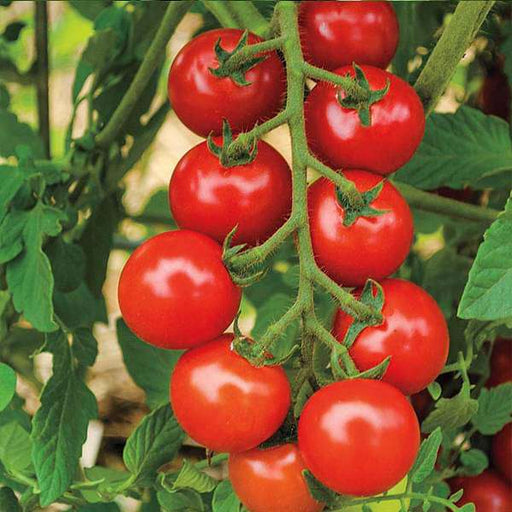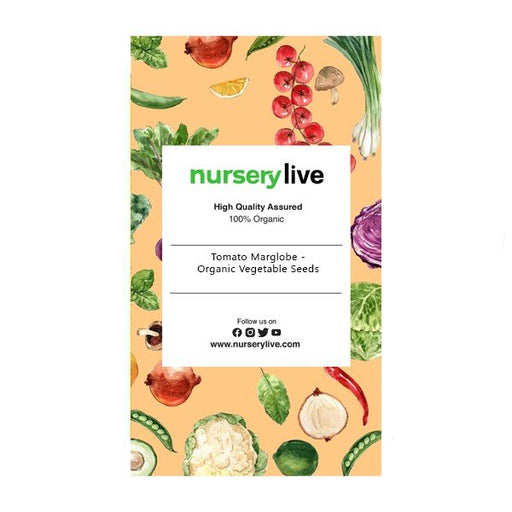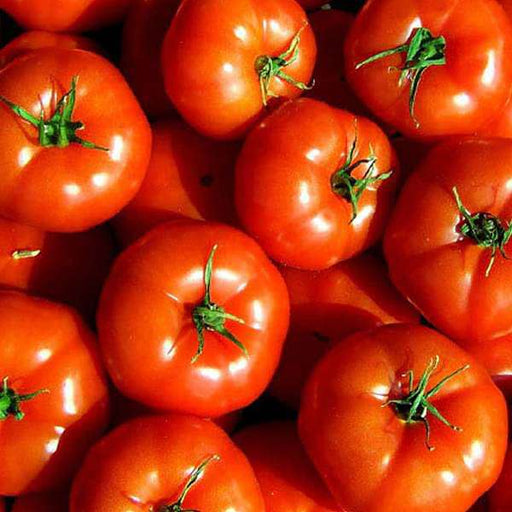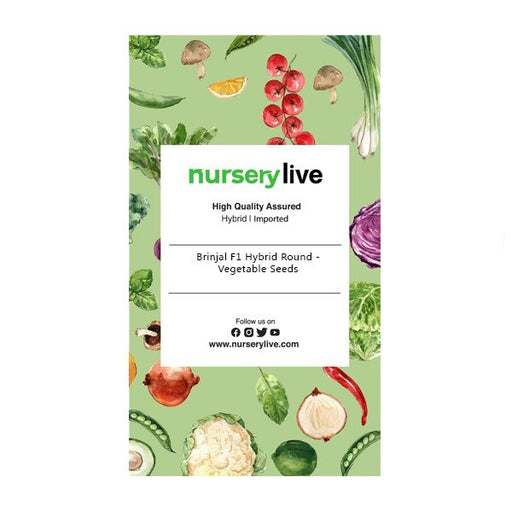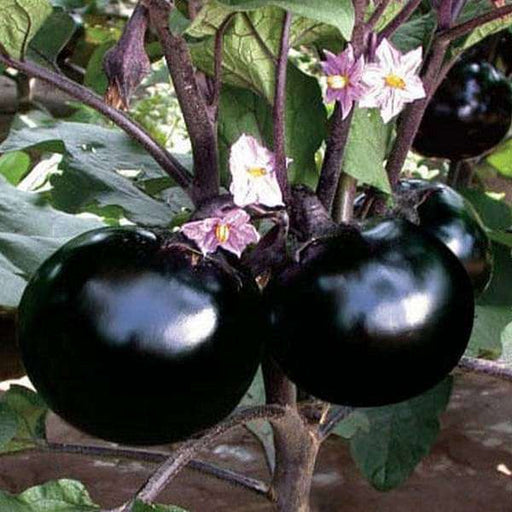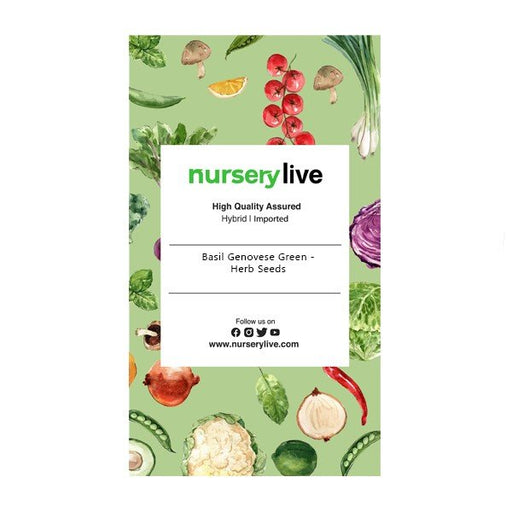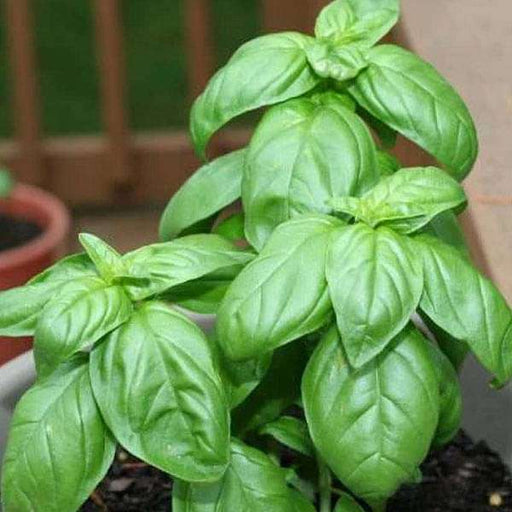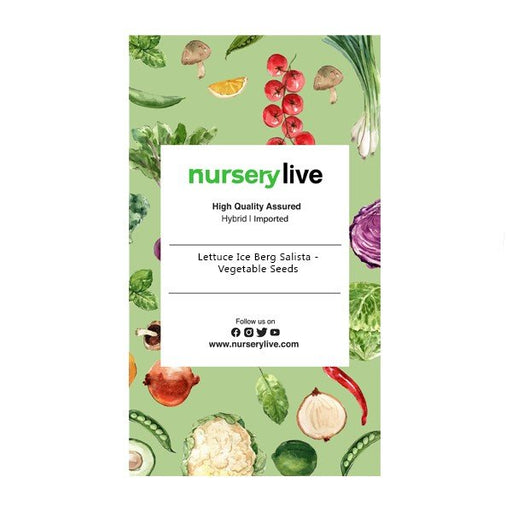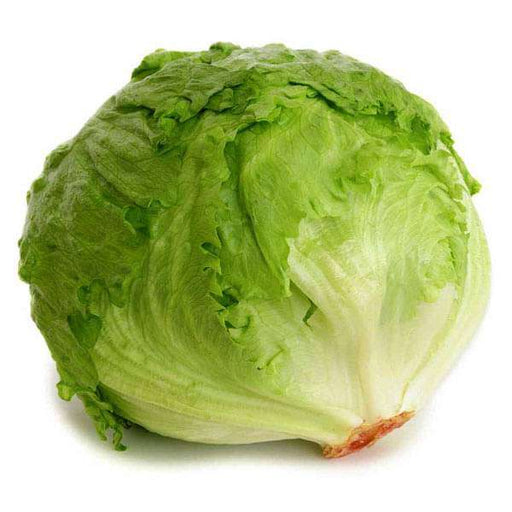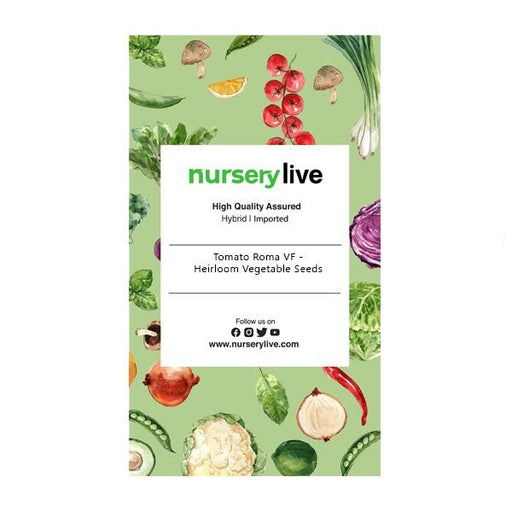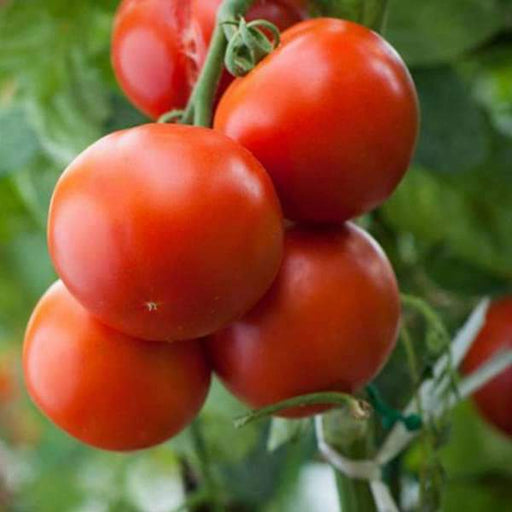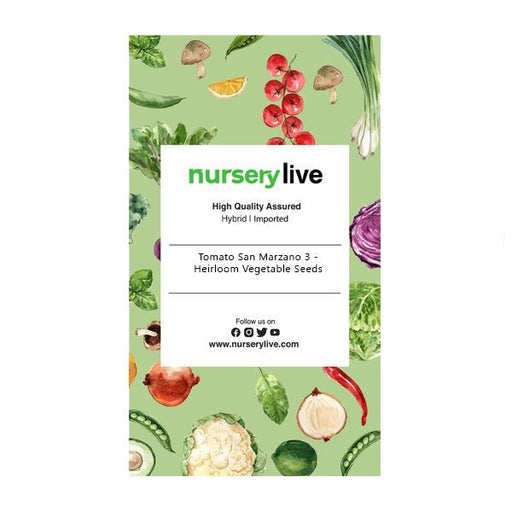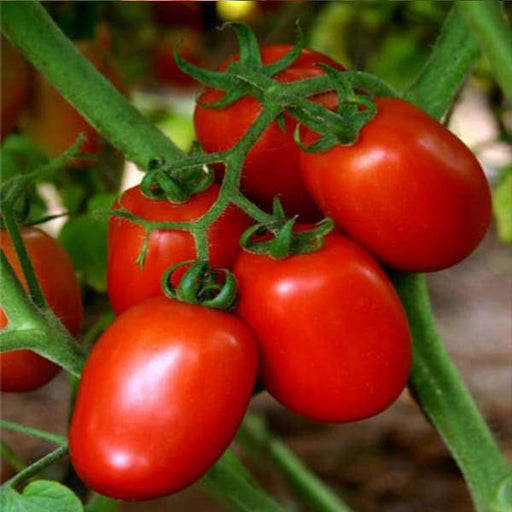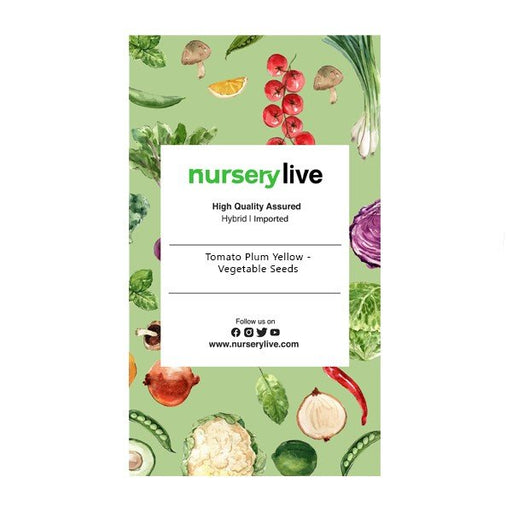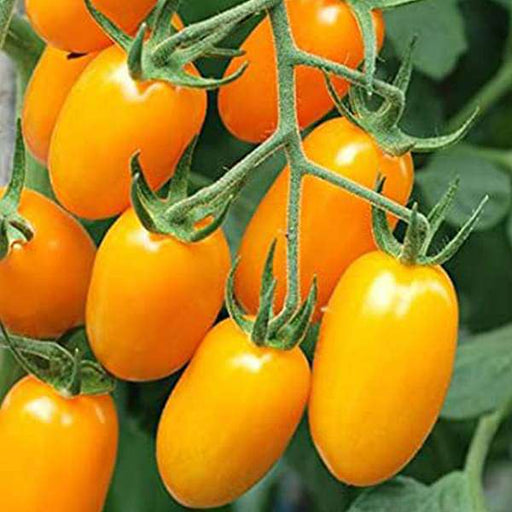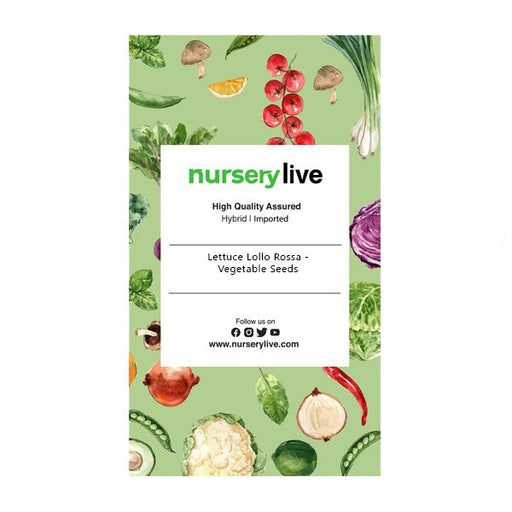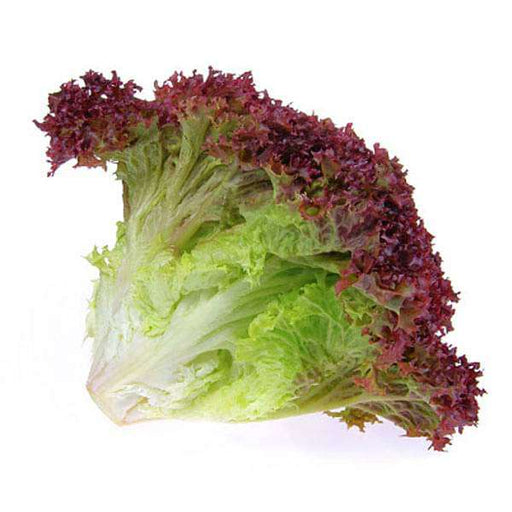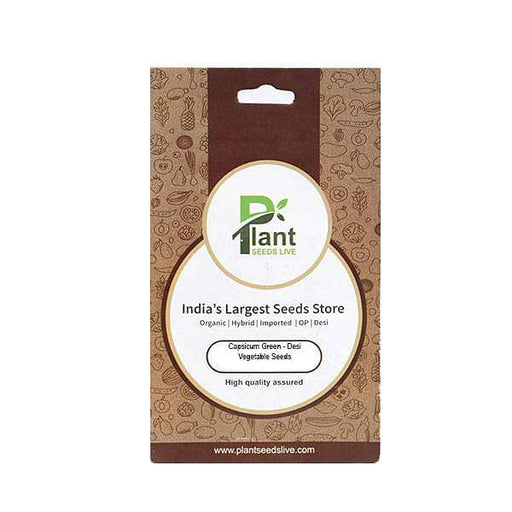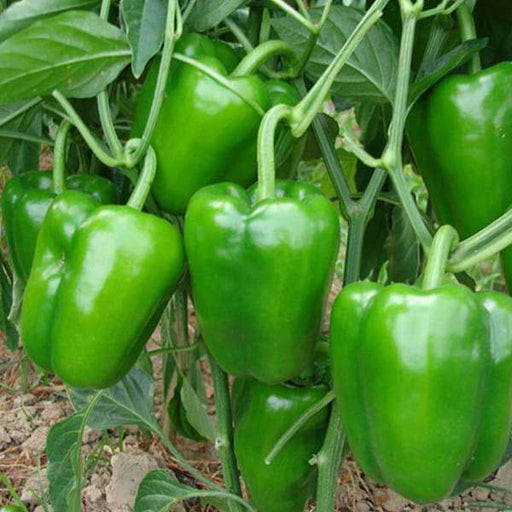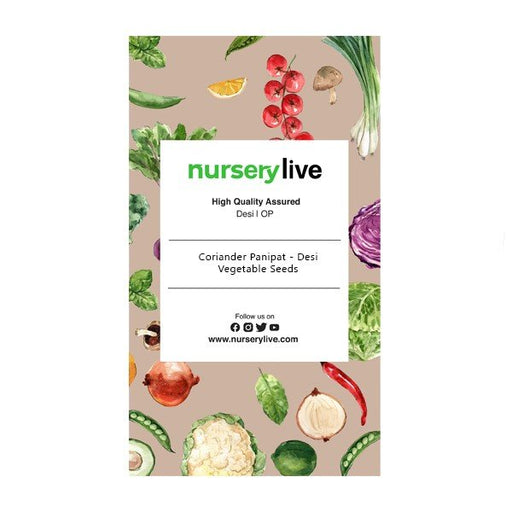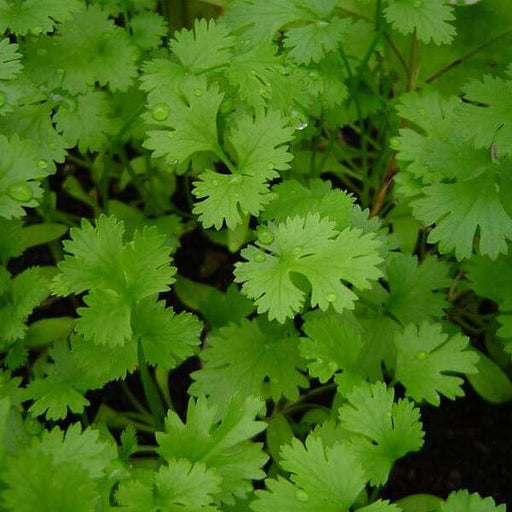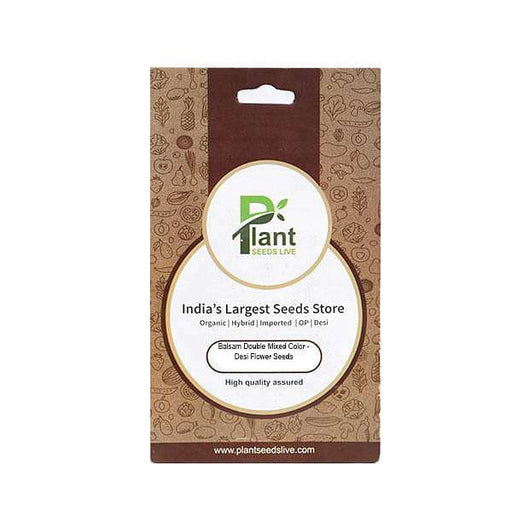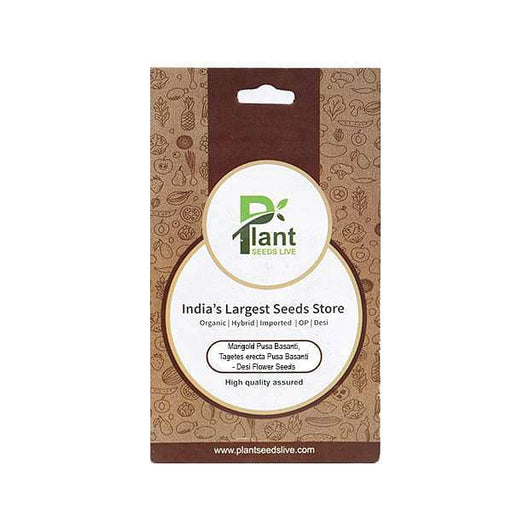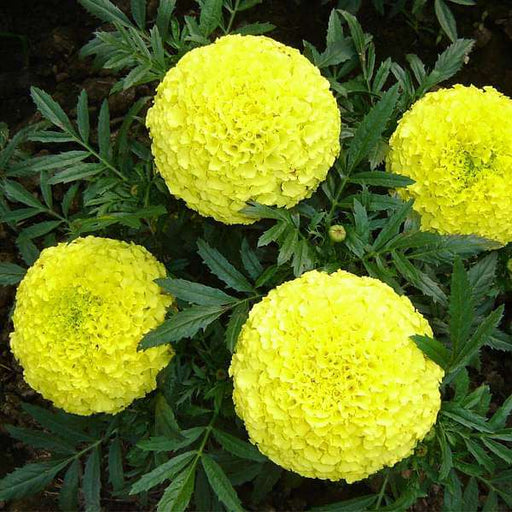Italian Cuisine Vegetable Herb Seeds Basil Brilliance
The heart and soul of Italian cooking, basil adds a burst of fresh, peppery flavor to everything from pesto to Caprese salad. Easy to grow and fast to harvest, this herb thrives in pots, gardens, or even on a sunny kitchen windowsill.
Italian Cuisine Vegetable Herb Seeds Oregano Magic
The secret ingredient to authentic Italian pizzas and pasta sauces, oregano brings a bold, earthy punch. Packed with antioxidants, this easy-to-grow herb enhances flavor while adding a Mediterranean touch to your garden and plate.
Italian Cuisine Vegetable Herb Seeds Thyme Perfection
A must-have for slow-cooked Italian stews and roasted vegetables, thyme delivers a fragrant, slightly minty taste. Hardy and drought-resistant, it keeps growing even when neglected, making it a kitchen gardener’s dream herb.
Italian Cuisine Vegetable Herb Seeds Rosemary Elegance
Rosemary’s woody aroma and piney flavor make it the perfect companion for Italian breads, meats, and grilled vegetables. This robust, evergreen herb not only enhances dishes but also keeps your garden smelling divine year-round.
Italian Cuisine Vegetable Herb Seeds Sage Sophistication
Earthy, slightly peppery, and packed with a deep, savory aroma, sage takes pasta, gnocchi, and butter sauces to gourmet heights. Its velvety leaves make it both a culinary and ornamental delight in any herb garden.
Italian Cuisine Vegetable Herb Seeds Parsley Power
Whether curled or flat-leaf, parsley is the underrated hero of Italian cuisine, adding freshness to pasta, soups, and sauces. Rich in vitamins and easy to grow, it ensures you’ll never have to settle for dull garnishes again.
Italian Cuisine Vegetable Herb Seeds Arugula Peppery Kick
More than just a salad green, arugula brings a spicy, nutty flavor to pizzas, pastas, and bruschetta. A fast-growing leafy green, it’s perfect for anyone who loves bold Italian flavors with a fresh, homegrown touch.
Italian Cuisine Vegetable Herb Seeds Italian Heirloom Tomato Seeds
No Italian dish is complete without tomatoes, and heirloom varieties like San Marzano or Roma bring that rich, juicy sweetness to sauces, soups, and salads. These sun-loving plants reward gardeners with endless fresh harvests.
Italian Cuisine Vegetable Herb Seeds Fennel Fragrance
With its sweet, anise-like flavor, fennel elevates Italian sausages, salads, and risottos. Its feathery fronds and crisp bulbs make it a dual-purpose plant, perfect for both culinary experiments and ornamental beauty.
Italian Cuisine Vegetable Herb Seeds Cilantro vs. Coriander Confusion
While technically not Italian, coriander seeds and cilantro leaves often find their way into modern Italian fusion dishes. Its citrusy zest brings brightness to pastas, seafood, and homemade Italian dressings.
Italian Cuisine Vegetable Herb Seeds Hot Italian Peppers
Whether Calabrian chilies or fiery peperoncini, these Italian peppers bring the heat to pizzas, pasta sauces, and infused oils. Growing them at home ensures a fresh, spicy kick in every meal.
Italian Cuisine Vegetable Herb Seeds Chives Delight
Mildly onion-like but far more delicate, chives are the secret garnish for creamy Italian soups, cheesy risottos, and fresh ricotta spreads. Easy to grow and endlessly useful, they add flavor without overpowering your dish.




